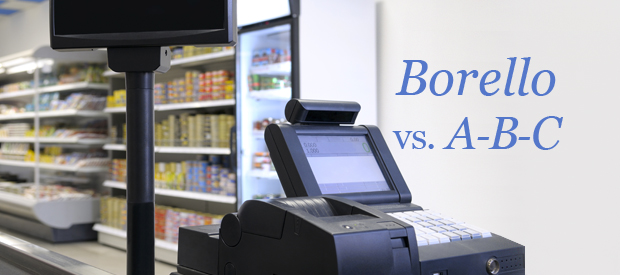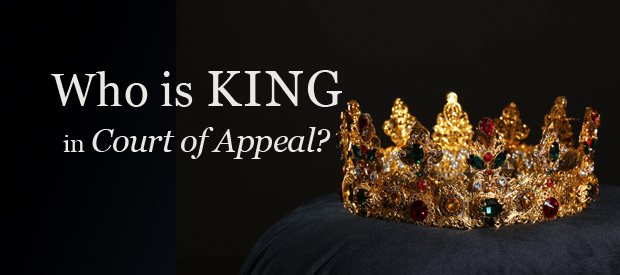Franchise 101: A Convenient Truth; and Jani-King Franchisees Wear Many Crowns

Franchisor 101: A Convenient Truth
In 2017, four former franchisees brought a class action in California, claiming 7-Eleven owed them unreimbursed expenses. The ex-franchisees claimed they were employees, not independent contractors of 7-Eleven. The court ruled the franchisees were properly classified as independent contractors and were not employees under California law.
Several pretrial rulings set the stage for the outcome. The court ruled the “Borello” test – not the more stringent “ABC” test – applied to the franchisees’ claims and that the franchisees could bring the claims only on an individual, non-class basis.
The test of an employment relationship under Borello is whether the person to whom service is rendered has the right to control the manner and means of accomplishing the result desired. The court acknowledged that analyzing if someone is an independent contractor in the franchising context is unique, because franchising is governed by state and federal regulations. These laws define a franchise to mean a relationship where the franchisor has authority to exert a significant degree of control over the franchisee’s method of operation or provide significant assistance. Because the right of control is part of the definition of a franchise, the court noted cases which held that qualifying a relationship as a franchise under federal and state law does not by itself make the franchisee an employee.
Applying the Borello test, the district court found evidence that the former franchisees exercised their own judgment in determining organization of the retail store; what products they would carry and pricing; what promotions to adopt; hiring, firing and setting hours of workers; and how to compensate themselves. The court observed that the former franchisees held themselves out as business owners on their tax returns and their success was directly tied to their business acumen. The court was persuaded that the former franchisees decided for themselves when to work, how often they worked and how much vacation to take.
The decision does not involve the infamous California “ABC” test but applies the less stringent Borello test for determining independent contractor status. The district court pointed out how the facts of this case differed from cases of commercial cleaning franchisees, wherein franchisees have been found to be employees of franchisors.
Established “brick and mortar” franchise companies like 7-Eleven can win misclassification claims when the legal standard focuses on franchisee decision-making. While 7-Eleven was not subject to the “ABC” test, franchisors facing similar claims can consult with counsel on pointing to mandates of franchise regulation and distinguishing the degree of control that creates an employment relationship from control that is required by law such as the FTC Franchise Rule and the Lanham Act.
Franchisee 101: Jani-King Franchisees Wear Many Crowns

Past and present franchisees of commercial cleaning service franchisor, Jani-King, brought claims for violation of Connecticut minimum wage and anti-kickback laws, and unjust enrichment. They claimed Jani-King misclassified them as independent contractors rather than employees. A split panel on the Second Circuit Court of Appeal affirmed the district court’s dismissal of all claims but left open the potential for franchise relationships to be classified as employment relationships.
Jani-King sources cleaning customers, who enter into service agreements with the franchisees. Franchisee revenues flow from the franchisor to franchisees. Customers pay Jani-King directly. It then deducts fees, including royalty and advertising fees, before transferring the balance to franchisees. The franchisees claimed Jani-King’s fees violated prohibitions against deductions and against charging fees as a condition of employment. The district court dismissed the statutory claim and granted summary judgment on the unjust enrichment claim. The franchisees appealed and the Second Circuit affirmed.
The Second Circuit held that assuming franchisees were also employees who received wages subject to the Connecticut wage statute, their “wages” under Connecticut law amounted to the franchisees’ profits. Under the franchise agreement, funds remained after Jani-King deducted agreed fees. As franchisees, they agreed to the deductions in exchange for franchise rights. The court agreed there was no unjust enrichment to Jani-King.
The court rejected the franchisees’ argument, as it would preclude franchise relationships where a franchisor collects customer revenue prior to making payments to franchisees. A dissenting opinion urged referring the case to the Connecticut Supreme Court, to rule whether under Connecticut law plaintiffs were independent contractors, franchisees, employees, or a “dual status” combination of employees and franchisees at the same time.
It is notable that a federal appellate court ruled that franchisees can be employees for purposes of some state laws. Franchise counsel can guide franchise companies to structure their system to reduce the risk of misclassification. On the franchisee side, counsel can evaluate the relationship with the franchisor to determine if the client has sustainable claims premised on wearing franchisee and employee hats at the same time.